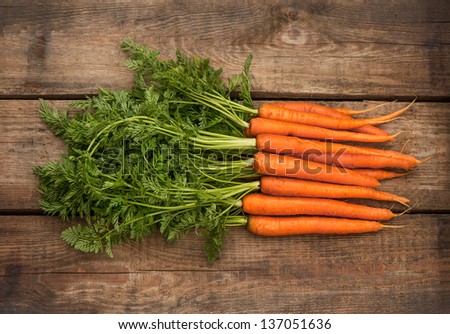Bitter leaf is a common plant in tropical Africa and
it is used mostly for food and medicinal purposes. Among the numerous
properties the leaves contain, it is the bitter taste that is of enormous
health benefits. Many herbal and medicinal experts copiously testify to this
fact.
Helps to Improve Appetite: If you lose your appetite
for food, bitter leaf can help. By simply chewing the stem of bitter leaf,
there is a tendency to regain your appetite within a few minutes, and you will
feel like eating again.
Bitter leaf is very cheap and easy to obtain. It is
easy to grow around dwellings and local gardens particularly in rural areas. It
is ingested either by chewing the stem or juicing the leaf to drink. Many
families use it as leafy vegetable in local soups.
Among its numerous health benefits are:
It Soothes Body Itching: Bitter leaf juice when
rubbed in the itching spots and left to dry off, it soothes the itching and
gives relief.
Helps to Treat Malaria: Bitter leaf comes in very
handy to treat malaria which is a very common ailment in tropical climates
particularly Africa and the Caribbean. Boiling some of the leaves in a few cups
of water helps to juice it. Drinking that juice about three times a day helps
to provide relief from malaria.
Helps to Cure Measles: In many rural dwellings in
tropical Africa, women turn to bitter leaf to treat their children when they
are afflicted with measles. They squeeze out the juice from the leaves then
make a paste of it with palm oil. This they rub on the afflicted children’s
skins and left for awhile before bathing the children.
Helps to
Cure Ear Inflammation: By squeezing some quantity of bitter leaf you can get
out some of the bitter juice. Applying some three drops of the juice into the
affected ear helps to provide relief from inflammation. For quick results, you
can repeat the process four or five times a day.
Treatment
of toothache: You can boil about 15g of bitter leaf in three cups of water. Taking
½ cup of the boiled juice two or times a day helps relieve toothaches.
Treatment
of Diabetes: There is research evidence that the bitterness in bitter leaf has
the ability to lower blood glucose. If you pour boiled water in fresh bitter
leaves, just allow it to cool down for some minutes. Take at least one cup of
the bitter juice therefrom after meals at least twice a day. It helps to lower
the blood glucose of diabetics.
Helps to treat
Typhoid: Bitter leaf has been found to contain properties which help to check
disease-causing bacteria in the body. That is why it can be used to treat
typhoid. You can boil about 10-15 leaves
of bitter leaf in water. Allow it to be cool then filter it. You may choose to
add honey to improve the taste of the boiled juice then drink a cup of it about
three times a day.
Helps to
Treat Diarrhea: If you boil dried bitter leaf in three cups of water then filter
it, you can drink ½ cup twice a day. It helps provide relief from diarrhea.
Cancer
Prevention: It has been found that bitter leaf contains properties that can
stop tumor growth in the body. Regular consumption of the juice from bitter leaf
helps the body to develop a strong immune system which resists tumor growth in
the body.
Helps to
Reduce Hypertension: Suppression of sodium with potassium in the blood helps to
reduce hypertension. It is a known fact that bitter leaf contains a high amount
of potassium which helps to reduce the sodium in the blood. Lowering the sodium
in the blood helps reduce hypertension.








